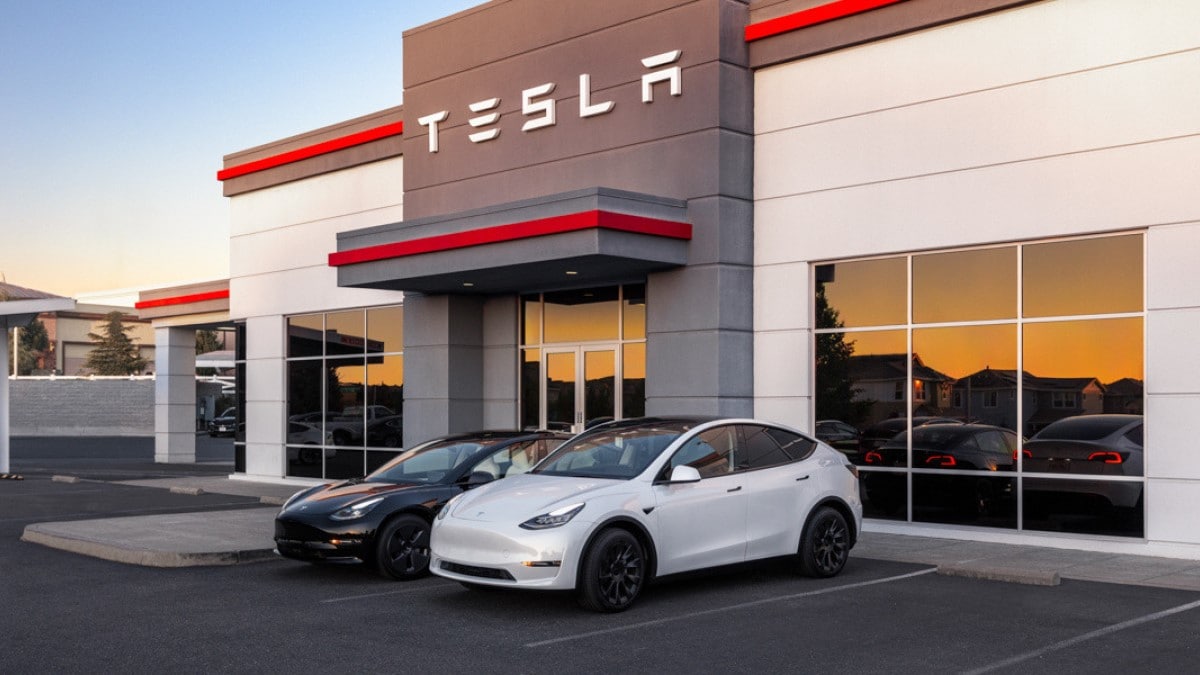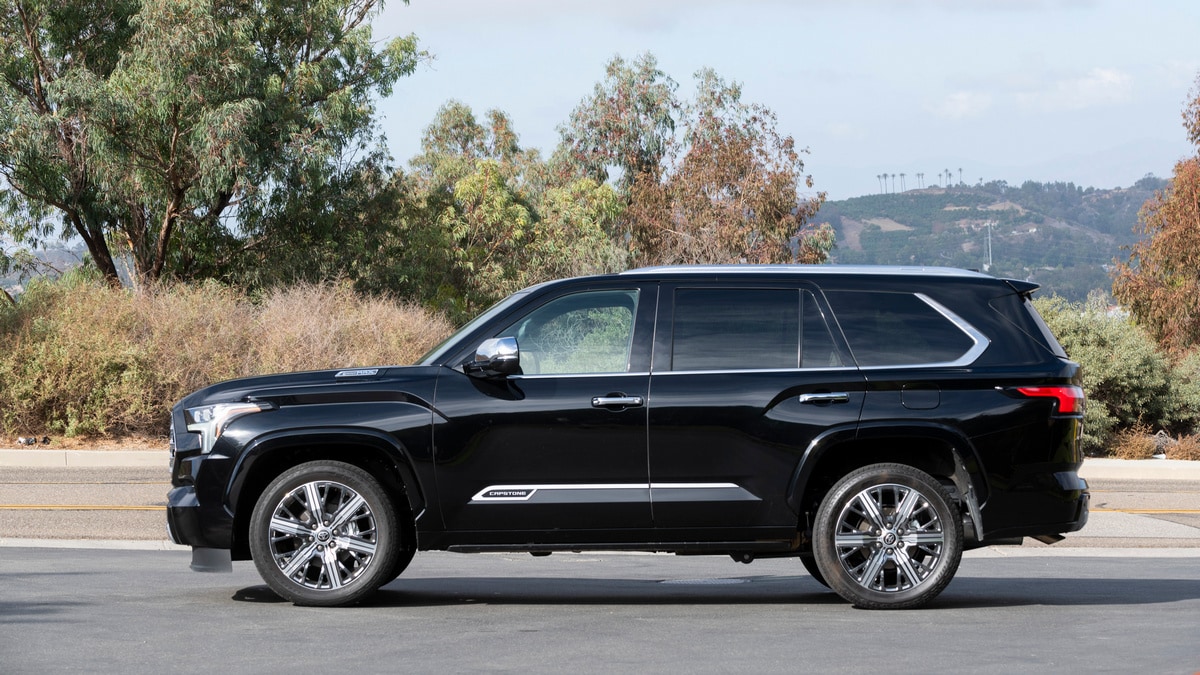Americans bought 1,189,051 electric vehicles (EVs) last year – more than most observers had predicted.
EVs made up 7.6% of all new vehicles sold, up from 5.8% in 2022 and 3.2% in 2021. EV sales growth slowed slightly during the year, but EVs remain the fastest-growing car sales category.
EVs broke records for both volume and market share in the fourth quarter. Americans bought 317,168 electric cars between October and the end of the year – 8.1% of all new cars sold. EV sales were 52% higher than in the fourth quarter of 2022.
Tesla Again Over 50%
Tesla continued to dominate the EV market. Fifty-five percent of the EVs Americans purchased in 2023 were Tesla products. The company controls a shrinking piece of a growing pie – it held over 70% market share in the first quarter of 2022. But it rallied in the fourth quarter, having seen its market share fall to just 50% by October.
An aggressive campaign of price cuts helped it retain its top position. That brought the brand’s two most affordable cars – the Model Y SUV and Model 3 sedan – into reach for more Americans. “One out of every three EVs sold was a Tesla Model Y,” points out Stephanie Valdez Streaty, director of strategic planning for Cox Automotive.
Cox Automotive is the parent company of Kelley Blue Book.
More new competitors enter the market by the month. In 2023, virtually every major automaker introduced at least one new electric car. Volkswagen, with its ID.4, saw its year-over-year EV sales increase by 85% in 2023. Hyundai saw sales rise 48%, largely on the strength of its Ioniq 5.
More, But Slower Growth in 2024
Reports of a surplus of unsold EVs have some analysts asking whether manufacturers have overestimated the appeal of electric cars. Early adopters have bought in, the theory says, while the rest of us remain wary.
But Cox Automotive sees further growth ahead in 2024. “We still believe more sales will follow, with EV sales in the U.S. in 2024 topping the more than 1.1-million-unit record set in 2023 and accounting for more than 10% of total sales,” says Valdez Streaty.
We may not see exponential growth in sales, she says. But “we will see exponential growth in EV models launched. During the next two years, consumers will have 70 plus EV options to choose from.”
Sales growth will be constrained by the slow rollout of nationwide infrastructure to support EV drivers and by high prices.
But prices are coming down. Last month, the average price paid for a new EV was $50,789, according to Kelley Blue Book estimates – 17% lower than last December’s average.
Rules governing federal EV tax incentives grow more stringent each Jan. 1 until 2028. Stricter new rules that kicked in this year saw many EVs lose access to $7,500 in federal tax rebates. They could regain access during the year as automakers obtain needed minerals from the U.S. or certain trade partners to comply with the law.
But the rules also allow buyers to use their tax credit as a down payment in 2024 rather than waiting to claim it on their taxes, which could spur sales of the EVs that still qualify. Many cars that don’t qualify when purchased still qualify when leased.
The 10 Best-Selling EVs of 2023:
| Model | Total 2023 Sales |
| Tesla Model Y | 394,497 |
| Tesla Model 3 | 220,910 |
| Chevrolet Bolt EV/EUV | 62,045 |
| Ford Mustang Mach-E | 40,771 |
| VW ID.4 | 37,789 |
| Hyundai Ioniq 5 | 33,918 |
| Rivian R1S | 24,783 |
| Ford F-150 Lightning | 24,165 |
| Tesla Model X | 23,015 |
| BMW i4 | 22,583 |





